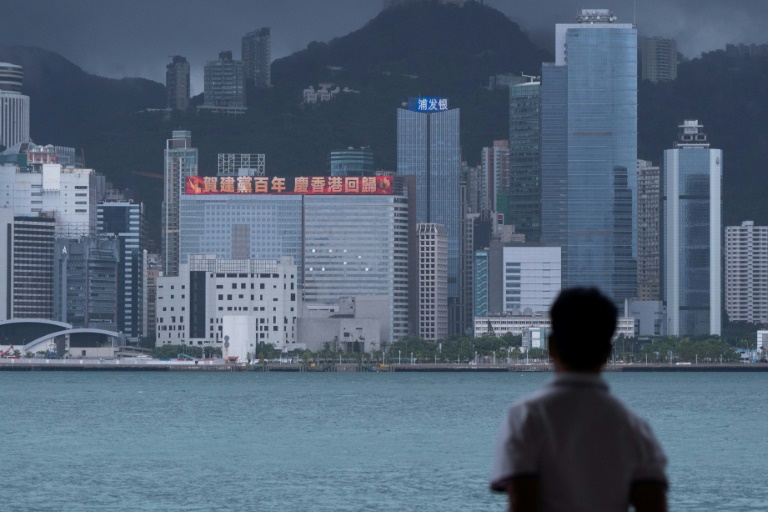Hong Kong’s national security law has decimated freedoms and created a “human rights emergency”, Amnesty International said on Wednesday, a year after Beijing imposed the legislation on the city.
The sweeping national security law — which criminalises anything authorities deem subversion, secession, collusion with foreign forces and terrorism with up to life in prison — has radically transformed Hong Kong’s political and legal landscape.
“In one year, the National Security Law has put Hong Kong on a rapid path to becoming a police state and created a human rights emergency for the people living there,” Amnesty’s Asia-Pacific Regional Director Yamini Mishra said.
Beijing insisted the legislation was required to restore stability after huge and sometimes violent pro-democracy demonstrations in 2019 but promised it would target only an “extreme minority”.
Police and prosecutors have since applied the law broadly, with the vast majority of charges targeting political speech, reneging on China’s assurances that Hong Kong would be allowed to maintain its key liberties and autonomy after a 1997 handover from Britain.
Amnesty released the report a week after pro-democracy newspaper Apple Daily was forced to shut down following the arrests of its senior executives, lead editorial writer, and a freeze on its assets.
“From politics to culture, education to media, the law has infected every part of Hong Kong society and fomented a climate of fear that forces residents to think twice about what they say, what they tweet and how they live their lives,” Amnesty said in the report.
The human rights group said they analysed court judgements and hearing notes, and interviews with activists targeted under the law to show how the legislation has been used to carry out “a wide range of human rights violations”.
Hong Kong authorities have said 117 people aged between 15 to 79 were arrested for “committing acts and engaging in activities that endanger national security” since it was implemented.
A total of 64 people have been charged, including media tycoon Jimmy Lai, prominent pro-democracy activists, and former lawmakers.
Most defendants charged under the law have been denied bail due to a strict clause requiring them to persuade a court that they no longer pose a national security risk.
Hong Kong also began its first national security trial without a jury last week, a watershed moment for the city with a 176-year-old common law system where trial by jury has always been a defining feature.
“Ultimately, this sweeping and repressive legislation threatens to make the city a human rights wasteland increasingly resembling mainland China,” Amnesty said.










